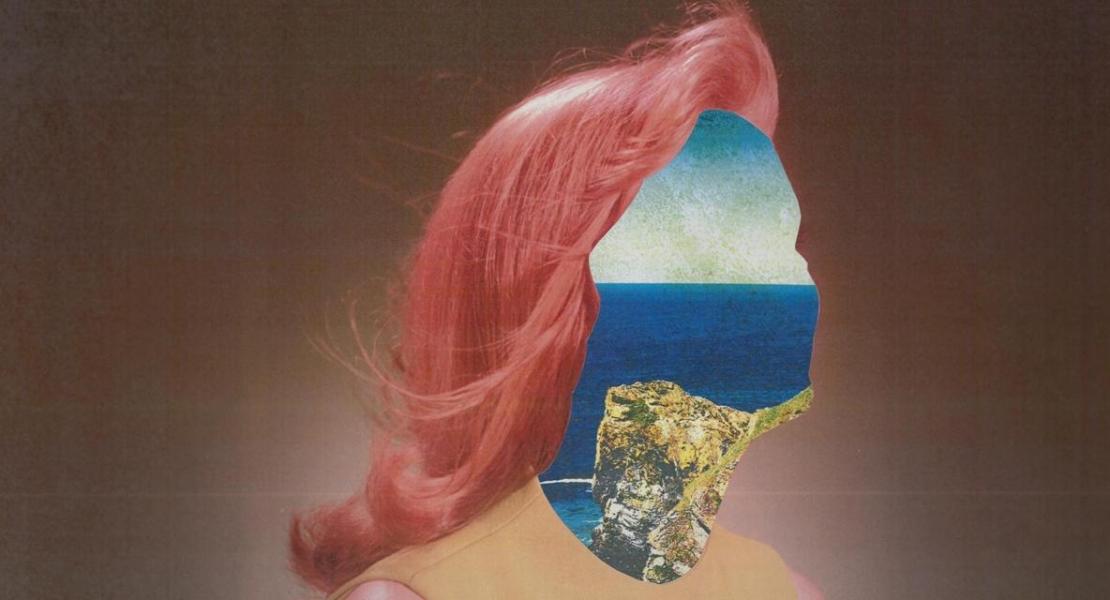In his book The Moth Snowstorm, Michael McCarthy mentions research carried out in a hospital in the 1980s. Architecture professor Roger Ulrich studied the medical records of patients recovering from gallbladder surgery. “The ward where they came after their operations looked out on one side to an open space full of trees, and on the other side onto a brick wall,” McCarthy tells BBC Culture. “Over a number of years, there was no doubt that the people who had the view of the trees recovered more quickly, needed fewer drugs and had fewer post-operative complications than the people with the view of the brick wall.”
McCarthy’s own story is one of healing. In 1954, when he was seven, his mother had a nervous breakdown and was admitted to a mental asylum. McCarthy responded with what he describes as “a coping strategy”: indifference. “At seven years old, I was not in the least bit concerned that I had lost my mother,” he writes. Instead, he kept watch on a neighbour’s garden – filled with butterflies. “Every morning in that hot but fading summer, as my mother suffered silently and my brother cried out, I ran to check on them, never tiring of watching these free-flying spirits with wings as bright as flags… Electrifying, they were. Filling the space where my feelings should have been.”
